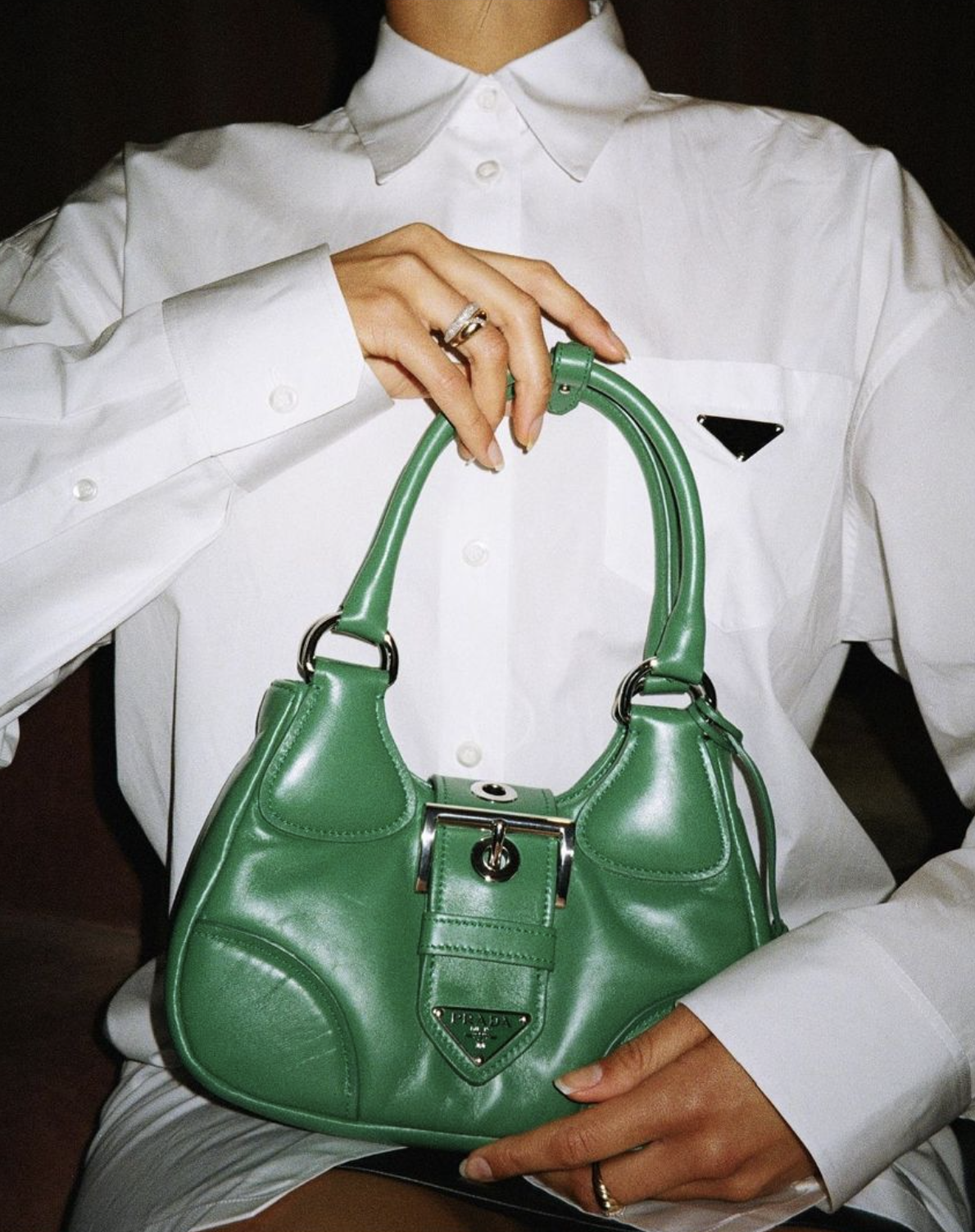Calvin Klein, long linked with elegant simplicity and bold marketing strategies, is embarking on a new era under the creative direction of Veronica Leoni. Recognized for her elegant style and considerate approach to contemporary fashion, Leoni introduces a unique vision to the renowned American label—one that respects its heritage while gently transforming its image for today’s audience.
Leoni’s entry has sparked considerable attention within the fashion world, not just due to her successful history with renowned brands, but also because of the importance of the legacy she currently manages. Calvin Klein has always been a cultural benchmark, influencing views of American fashion with its sleek designs, provocative visuals, and daring advertising methods. Revamping this kind of brand presents both potential and examination, and Leoni appears to be acutely conscious of the equilibrium needed.
Instead of choosing a complete transformation, Leoni seems to focus on perfecting the existing elements. Initial glimpses of her creations reveal a focus on custom-fit shapes, meticulous design, and sophisticated essentials—pieces that are grounded in the brand’s legacy yet designed for contemporary users. Her work exudes a calm self-assurance, the type that doesn’t require loud statements to draw notice. This marks a gentle transition from previous periods when sensationalism and fame took the spotlight.
This recalibration may be a strategic response to the current fashion climate, which favors authenticity and substance over spectacle. Consumers today are more attuned to quality, sustainability, and long-term wearability. Leoni’s approach seems to align with this shift, offering clothing that is not only stylish but built to endure. The use of natural fibers, refined palettes, and thoughtful proportions speaks to an intent to deliver timeless pieces rather than trend-driven collections.
Part of Leoni’s challenge is navigating the tension between Calvin Klein’s historical identity and the evolving expectations of a new generation. The brand has always carried a strong visual language—its stark campaigns, minimal logos, and often controversial imagery are etched into fashion history. While honoring that aesthetic legacy, Leoni appears to be carving out a new space that’s less about provocation and more about presence.
Experts in the industry have observed that Leoni’s projects up to this point demonstrate an architectural approach to design, probably shaped by her experience in both the fashion and art realms. There is a balance between structure and delicacy—precise tailoring is complemented by flowing lines, and timeless items are reimagined with subtle creativity. These details suggest a developing style that honors tradition while being uniquely her own.
The excitement surrounding her initial launch isn’t solely due to media promotion. Purchasers and editors who have reviewed the opening designs mention a unified concept that appears thoughtful and commercially sustainable. There’s curiosity not just in the direction of womenswear, but also in how her impact might extend across Calvin Klein’s wider product lines, such as menswear, denim, and accessories. A unified brand story, guided by one creative leader, might revitalize Calvin Klein’s position in a competitive worldwide market.
The fashion house itself is no stranger to reinvention. Over the decades, it has shifted and adapted, sometimes dramatically, in response to changing trends and leadership. From the high-profile influence of Calvin Klein himself to the edgier direction taken under previous creative heads, the brand has experimented with how far its minimalist DNA can be stretched. Leoni’s strategy appears more measured, less about pushing boundaries and more about strengthening the core.
There’s also the question of brand culture, which extends beyond clothing to how a label communicates and interacts with its audience. In a landscape increasingly shaped by digital platforms, inclusivity, and conscious consumption, Leoni’s leadership will likely impact more than just design. Brand tone, marketing campaigns, and sustainability initiatives may all reflect her influence over time, building a Calvin Klein that speaks to both heritage and progress.
Her role also comes at a time when the fashion industry is reexamining its relationship with identity, gender, and representation. Calvin Klein has historically played with these themes—often provocatively—and it remains to be seen how Leoni will navigate this space. Early signs suggest a more introspective approach, with designs that don’t seek to make statements through shock but through intentionality and precision.
This evolution may appeal to an audience that craves meaning over messaging. Fashion has become a space for storytelling, and Leoni’s work hints at a narrative built on restraint, sophistication, and clarity. Whether it’s through a reimagined trench coat, a perfectly balanced suit, or a redefined basics line, her vision seems to prioritize integrity over trend.
Retail partners, too, are watching closely. A successful creative refresh has the potential to elevate Calvin Klein’s performance in key markets, both in stores and online. If Leoni’s designs translate well from runway to rack, the brand could regain ground in premium segments while attracting new customers seeking refined essentials. Strong creative direction often leads to stronger brand alignment across products, pricing, and presentation—an outcome Calvin Klein likely hopes to achieve.
Though still early in her tenure, Veronica Leoni has introduced a sense of direction that many feel the brand has lacked in recent years. There’s a quiet discipline to her work, an insistence on purpose and coherence that resonates in an industry often marked by rapid turnover and shifting priorities. This steadiness may prove to be her most valuable contribution: not just reinventing Calvin Klein, but grounding it.
In the upcoming months, attention will focus on how Leoni enhances this early progress. As fresh collections are presented and brand actions are developed, her impact will become evident—not just in designs and materials, but in how Calvin Klein conveys its importance to contemporary consumers. A successful transformation doesn’t eliminate the past; it gives it a new meaning. Under the leadership of Veronica Leoni, Calvin Klein seems ready to achieve this—with elegance, accuracy, and intention.



